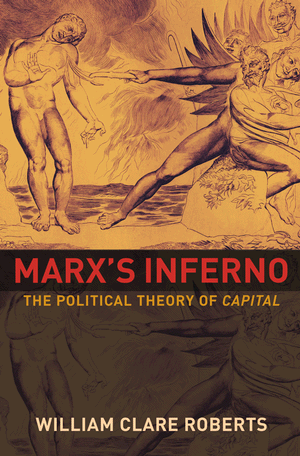OK, the three-day gap between “in a bit” and now proves that quotidian stress beats righteous indignation. (I just need a third term—on that beats quotidian stress, but is beaten by righteous indignation, and I could patent a highly abstract version of rock-paper-scissors).
Nonetheless, I shall revisit the cause of my earlier discontent.
The review got me annoyed with the first paragraph: “For thousands of years, most people on earth lived in abject poverty, first as hunters and gatherers, then as peasants or laborers. But with the Industrial Revolution, some societies traded this ancient poverty for amazing affluence.”
- Most people on earth right now live in abject poverty! Half the global population lives on less than $2 a day. (That’s a World Bank statistic, and it was cited by none other than that galloping class-warrior George W. Bush: “A world where some live in comfort and plenty, while half of the human race lives on less than $2 a day, is neither just, nor stable” [quoted in the NY Times, July 18, 2001].)
- What sense does it make to say that hunter-gatherers have always “lived in abject poverty”? In a non-monetarized economy (gift, potlatch, etc.), what does poverty mean? Anyone care to define it? The article hints that poverty is to be measured by average caloric consumption (“By 1790, the average person’s consumption in England was still just 2,322 calories a day…”), but since the UK Department of Health currently recommends 1940 calories per day for women and 2550 for men, I’m a bit confused by what this metric is supposed to show. Is a nation where average caloric intake exceeds 3000/day wealthy, or is it just fat?
This myopic self-satisfaction is nothing special, however. You can come up with many examples every day—things are getting better all the time in every way!
What is special is the thesis of the book under review: natural selection explains why the Industrial Revolution took place when and where it did—18th and 19th Century England.
By analyzing old wills, the good Dr. Clark came upon some startling thoughts: “Generation after generation, the rich had more surviving children than the poor, his research showed. That meant there must have been constant downward social mobility as the poor failed to reproduce themselves and the progeny of the rich took over their occupations. “The modern population of the English is largely descended from the economic upper classes of the Middle Ages,” he concluded. As the progeny of the rich pervaded all levels of society, Dr. Clark considered, the behaviors that made for wealth could have spread with them.” And what are those behaviors? “The middle-class values of nonviolence, literacy, long working hours and a willingness to save,” the good Dr. Clark and his stenographer at the Times are happy to tell you.
OK, so apparently medieval
Seriously, does the good Dr. Clark and the noble NY Times expect us to swallow this? The kicker is that “Dr. Clark said he set out to write his book 12 years ago on discovering that his undergraduates knew nothing about the history of
For some real history, Dr. Clark should consult someone with a tad more historical sense, someone who is not so interested in projecting respectable bourgeois morality back onto the medieval lords and ladies. I’d suggest he start here.
